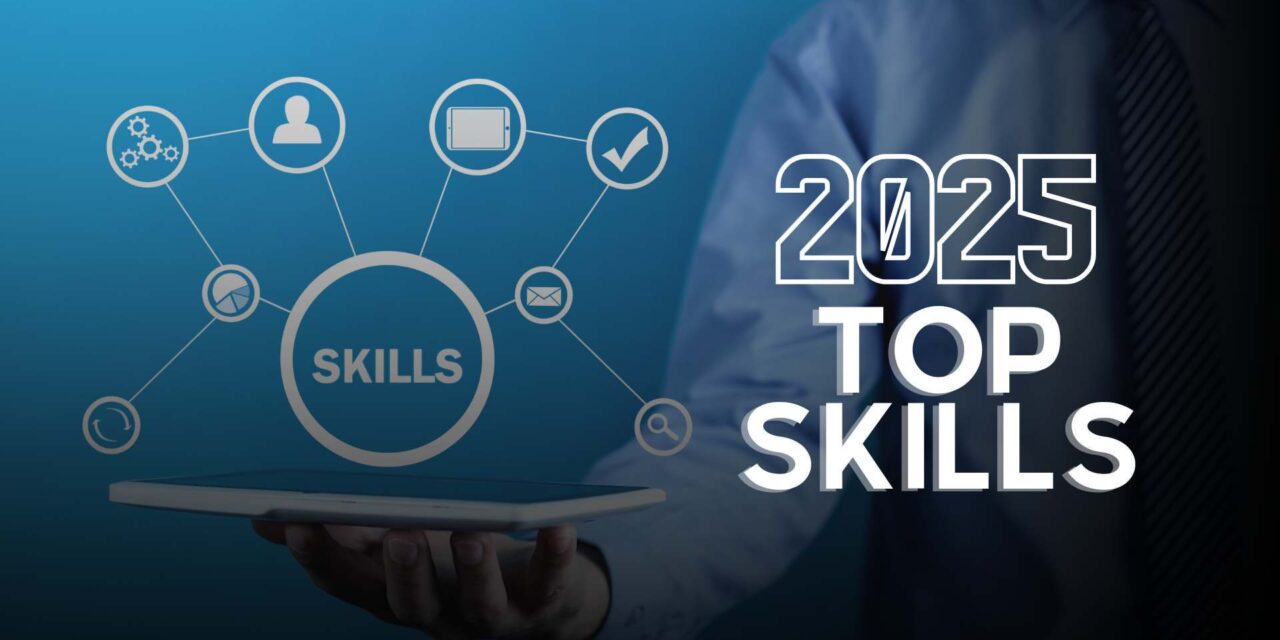Introduction
The tech landscape is evolving at lightning speed, and staying ahead requires mastering skills that align with future innovations. By 2025, advancements in AI, quantum computing, and decentralized systems will reshape industries. Whether you’re a seasoned professional or a newcomer, here are the top 10 tech skills to future-proof your career, along with actionable insights and FAQs.
1. Artificial Intelligence (AI) & Machine Learning (ML)
Why Learn It?
AI and ML drive automation, predictive analytics, and personalized user experiences. Applications like natural language processing (NLP) and computer vision are revolutionizing healthcare, finance, and retail.
How to Start:
- Learn Python, TensorFlow, or PyTorch.
- Explore courses on Coursera (Andrew Ng’s ML Specialization) or Udacity.
2. Quantum Computing
Why Learn It?
Quantum computing promises breakthroughs in cryptography, drug discovery, and optimization. Companies like IBM and Google are racing to build scalable quantum systems.
How to Start:
- Study linear algebra and quantum mechanics basics.
- Try IBM’s Qiskit for hands-on practice.
3. Cybersecurity
Why Learn It?
With rising cyberattacks, demand for experts in zero-trust architecture and AI-driven threat detection will soar.
How to Start:
- Earn certifications like CISSP or CEH.
- Practice ethical hacking via platforms like Hack The Box.
4. Edge Computing
Why Learn It?
As IoT devices multiply, edge computing reduces latency by processing data closer to the source. Critical for autonomous vehicles and smart cities.
How to Start:
- Master Kubernetes and AWS/Azure edge services.
5. Blockchain & Web3
Why Learn It?
Beyond crypto, blockchain enables secure supply chains, decentralized finance (DeFi), and NFTs.
How to Start:
- Build smart contracts with Solidity on Ethereum.
- Explore courses on ConsenSys Academy.
6. 5G/6G Network Engineering
Why Learn It?
Next-gen networks will power IoT, AR/VR, and real-time data transfer. Expertise in network slicing and mmWave tech will be vital.
How to Start:
- Study telecom certifications (CCNA, CompTIA Network+).
7. AR/VR Development
Why Learn It?
The metaverse boom is fueling demand for immersive experiences in gaming, training, and virtual collaboration.
How to Start:
- Learn Unity or Unreal Engine.
- Experiment with Oculus or Microsoft HoloLens.
8. Robotics & Automation
Why Learn It?
AI-powered robotics is transforming manufacturing, logistics, and healthcare.
How to Start:
- Dive into ROS (Robot Operating System) and Python.
9. DevOps & Cloud Engineering
Why Learn It?
Hybrid cloud environments and CI/CD pipelines remain critical for scalable software deployment.
How to Start:
- Get certified in AWS, Azure, or Google Cloud.
- Master tools like Docker and Jenkins.
10. Data Science & Analytics
Why Learn It?
Businesses rely on data-driven decisions. Skills in big data tools (Apache Spark) and predictive modeling are gold.
How to Start:
- Learn SQL, Tableau, and R/Python.
Conclusion
The tech horizon of 2025 demands adaptability and continuous learning. Focus on high-impact areas like AI, cybersecurity, and quantum computing to stay competitive. Leverage online platforms, certifications, and hands-on projects to carve your niche. The future is yours to code!
FAQs
Q1: Which tech skill is easiest to learn in 2025?
A: Data Science or DevOps, due to abundant resources and structured learning paths.
Q2: How long does it take to master these skills?
A: 6–12 months with consistent practice. Specialized fields like quantum computing may take longer.
Q3: Are certifications necessary?
A: Yes! Certifications (AWS, CISSP) validate expertise and boost employability.
Q4: Can I transition from non-tech roles?
A: Absolutely! Start with foundational courses and build projects to showcase skills.
Q5: Which skill offers the highest salary?
A: Quantum computing and AI specialists top salary charts, with average salaries exceeding $150k.
Read More Article about Tech Career Growth
